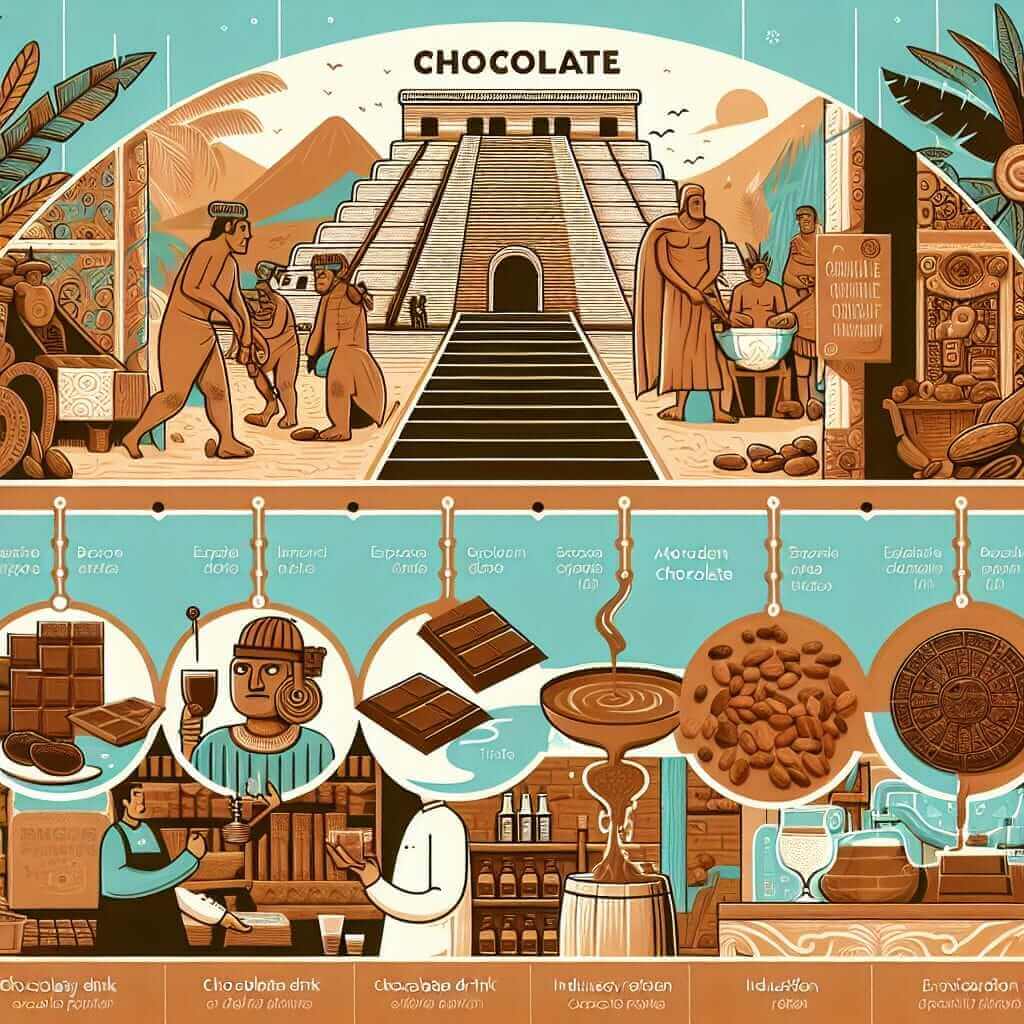Mastering the art of summary writing is crucial for success in the IELTS Reading section. This skill goes beyond simply understanding the text; it requires you to identify key information, synthesize ideas, and present them concisely and accurately. This comprehensive guide, crafted by an experienced IELTS instructor with over 20 years of experience, will delve into the intricacies of writing effective summaries for the IELTS Reading test.
What is a Summary in IELTS Reading?
In the IELTS Reading section, a summary question asks you to extract and condense the main ideas of a passage into a shorter, more concise form. This typically involves identifying the most important information and paraphrasing it using your own words while maintaining the original meaning. Summary questions often focus on a specific section of the text or the entire passage, requiring careful reading and analysis.
Types of Summary Questions in IELTS
You will encounter different types of summary questions in the IELTS Reading test. Understanding these variations will help you approach each question effectively:
1. Sentence Completion:
These questions require you to complete sentences by choosing from a list of words or phrases. You need to identify the key information in the passage that corresponds to the missing parts of the sentences.
2. Note Completion:
Similar to sentence completion, note completion tasks ask you to fill in the gaps in a set of notes that summarize the main points of the passage.
3. Summary Writing:
This type requires you to write a short paragraph summarizing a specific section of the passage or the entire text. You are expected to use your own words and adhere to a word limit, usually between 50-70 words.
Essential Skills for Writing Effective Summaries
To excel in writing IELTS Reading summaries, you need to develop the following skills:
1. Skimming and Scanning:
These reading techniques are crucial for quickly identifying the main ideas and relevant information in the passage. Skimming involves reading quickly to get an overall understanding, while scanning helps you locate specific details.
2. Identifying Key Information:
Learn to differentiate between essential information and supporting details. Look for topic sentences, keywords, and phrases that signal important points.
3. Paraphrasing:
Expressing the author’s ideas in your own words is essential for demonstrating your understanding and avoiding plagiarism. Use synonyms, change the sentence structure, and maintain the original meaning.
4. Synthesizing Information:
Combine different pieces of information from the passage to create a cohesive and concise summary.
5. Grammar and Vocabulary:
Use accurate grammar and a wide range of vocabulary to convey the information clearly and effectively.
Strategies for Tackling Summary Questions
- Read the Instructions Carefully: Pay attention to the word limit, the section of the text to be summarized, and the specific requirements of the question.
- Skim the Passage: Get a general understanding of the topic and the main ideas discussed.
- Identify Keywords: Highlight or underline keywords and phrases in the summary question and locate them in the passage.
- Read Carefully: Focus on the sentences and paragraphs containing the keywords and identify the key information.
- Paraphrase and Summarize: Using your own words and appropriate synonyms, condense the information into a clear and concise summary.
- Check for Accuracy and Coherence: Ensure that your summary accurately reflects the main ideas of the passage and is grammatically correct.
Example from IELTS Reading Passage
Let’s consider an example from an IELTS Reading passage on the topic of “The History of Chocolate”:
Passage Excerpt:
“The first people to cultivate cacao beans were the ancient Maya, who lived in Central America over 2,500 years ago. They believed that cacao beans were a gift from the gods and used them to make a bitter drink called “xocolatl,” which was often flavored with spices and chili peppers. The Aztecs, who later dominated the region, also prized cacao beans, but since they couldn’t grow them in their own territory, they acquired them through trade or tribute.”
Summary Question:
Complete the following summary of the passage using NO MORE THAN TWO WORDS from the passage for each answer.
The ancient Maya, who were the first to cultivate cacao beans, considered them a __ from the __. They used these beans to create a __ drink known as “xocolatl,” which was frequently seasoned with spices and chili peppers.
Answer:
The ancient Maya, who were the first to cultivate cacao beans, considered them a gift from the gods. They used these beans to create a bitter drink known as “xocolatl,” which was frequently seasoned with spices and chili peppers.

Tips for Achieving a High Score
- Practice Regularly: Familiarize yourself with different types of summary questions and practice writing summaries using past IELTS Reading passages.
- Time Management: Allocate your time wisely during the exam and avoid spending too much time on a single question.
- Focus on Clarity and Conciseness: Use clear and concise language to convey the information effectively within the word limit.
- Proofread Carefully: Check your grammar, spelling, and punctuation to ensure that your summary is error-free.
By following these strategies and tips, you can significantly enhance your ability to write effective summaries and improve your overall performance in the IELTS Reading section. Good luck!